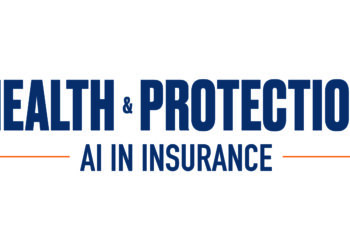More independent hospitals have been rated as good or outstanding by the Care Quality Commission than ever before, according to research from the Independent Healthcare Providers Network (IHPN).
IHPN conducted a national review of quality and safety data across the sector, looking at a range of datasets to evaluate quality and safety in key areas, analysing data from the Care Quality Commission (CQC).
The data shows that as of October 2023 92% of acute independent, non-specialist hospitals were in the top two categories overall for quality of care.
This figure is up from 70% at the beginning of 2018, with more than double the number of hospitals now having been assessed (447 compared with 200 in 2018).
The IHPN noted a similar pattern of improvement in other areas, such as providers’ core services, and in children’s and young people’s services, where standards are at similarly high levels compared with recent years.
Dawn Hodgkins, director of regulation at the IHPN, said: “This research highlights that the general standards of care and patient safety in the independent sector are very high.
“To see this improvement, despite the huge challenges presented by the pandemic and ongoing health system recovery, really demonstrates the commitment of clinicians and leaders across the independent sector to deliver the very best quality of care and the safest services.”
Dr Howard Freeman, medical director at the IHPN, said: “These are encouraging results, and are in many ways a reflection of the growing maturity of the sector and the impact of better clinical governance.
“We have better systematic, written standards and frameworks – these are translating into the quality of service and care that patients are receiving. This is a firm foundation, but we must still be committed to yet more improvements.”
Hodgkins explained the reasons IHPN undertook this work was to highlight where it is not so easy to find data or evidence.
“In some ways, it’s as important to know where there may be gaps,” she continued. “We see a need for more consistency in the way that quality, safety and outcome data is collected.
“That is why we have welcomed initiatives such as NHS England’s Outcomes and Registries Platform through which independent providers will be able to submit data alongside their NHS peers. We look forward to continuing our work with NHS England on that initiative to support participation by independent providers.
“Our findings highlight the need for robust data, which includes all patients, regardless of who funds their care. There needs to be inclusion and parity across national audits, outcomes programmes and right across the patient pathway. To achieve this, we need to continue to develop the data landscape across the whole health system.
Hodgkins concluded: ”This means things like submission to Learning from Patient Safety Events (LFPSE), submission to the Outcomes Registry Platform (ORP), building on the early work of the Acute Data Alignment Programme (ADAPT) and understanding the importance and potential impact of the Federated Data Platform to name a few areas.”






